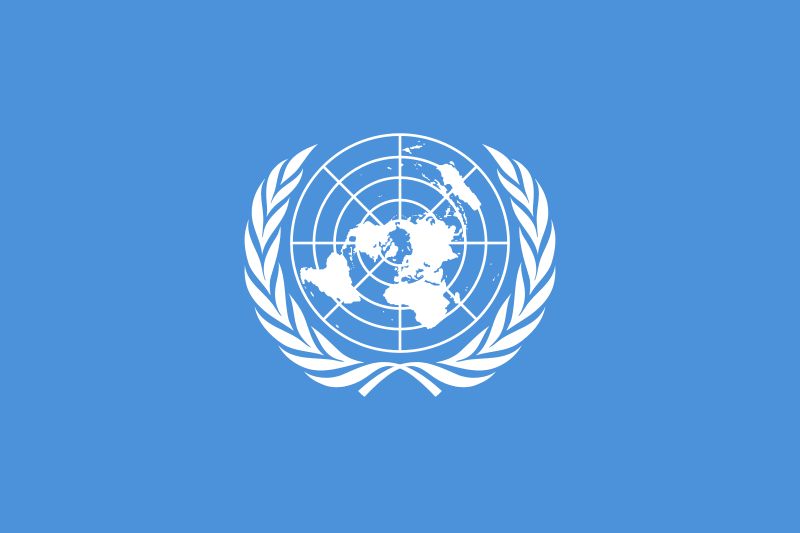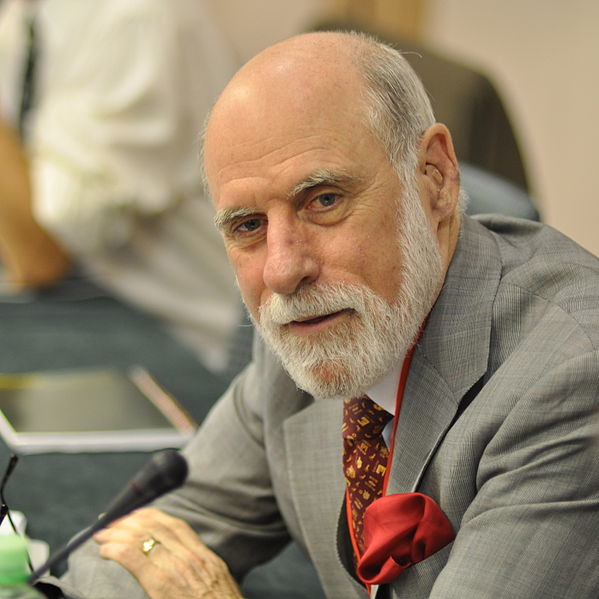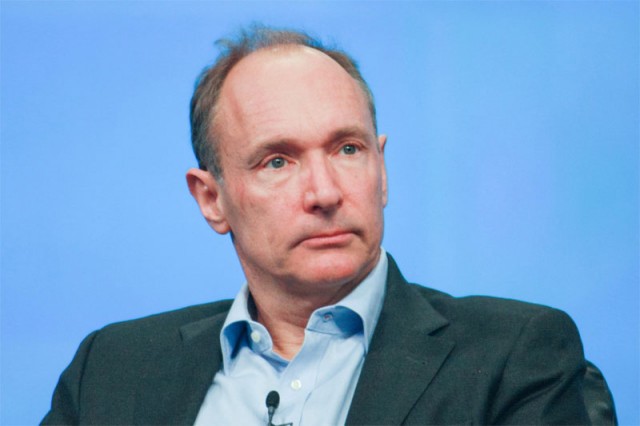PRIVACY IN THE DIGITAL AGE: NEW UN DRAFT RESOLUTION
A revised UN draft resolution on the right to privacy in the digital age affirms that offline human rights are online human rights.
A revised UN draft resolution on the right to privacy in the digital age affirms that offline human rights are online human rights.
The Committee to Protect Journalists takes a look at the state of internet freedom in India, and concludes that the future looks bleak.
A new report finds that in Zimbabwe, “Between 2011 and 2013, the arrest and subjection of WHRDs [women human rights defenders] to inhumane treatment in deteriorating conditions in custody continued.”
Download the full report here.
“We do not like to think of ourselves as bits and bytes. But if we don’t, we leave it to others to do it for us.” Philosopher Colin Koopman in the New York Times.
"While seeming to address problems of political disengagement, civic hacking champions provisional citizenship and precarious work conditions", say Melissa Gregg and Carl DiSalvo in an essay, The Trouble with Whitehats.
EFF asked a number of major companies -- including Google, Twitter, Facebook and Dropbox -- what they are doing to bolster encryption in light of the NSA’s unlawful surveillance of the public's communications. See their latest findings (also in infographic form).

(UN flag)
The United Nations has adopted a resolution that reaffirms the “human right to privacy” and calls for the UN’s human rights commissioner to conduct an inquiry into the impact of mass digital spying, reports the Guardian.


(Left: Vint Cerf. Image from Wikipedia. Right: Tim Berners-Lee. Image from arstechnica)
Ethan Zuckerman, director of the Center for Civic Media at MIT and co-founder of Global Voices, talks about surveillance, activism and civil rights (and gives a shout out to Tactical Tech!).
Revealed documents showed that the NSA has also had full access to metadata about UK residents' communications.